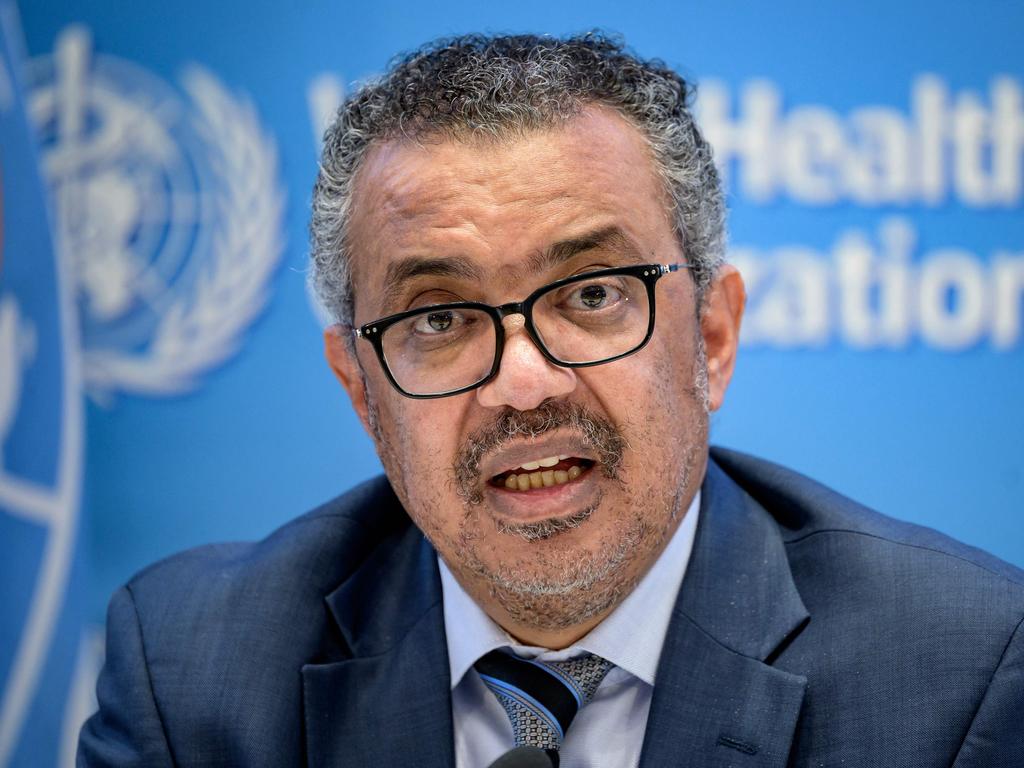Monkeypox to get new name after fears of Africa stigma
WHO moves to rename the disease follows calls from an international group of 29 scientists last week.

The monkeypox virus will be renamed to avoid fuelling discrimination and stigma, the WHO has said.
The virus, 470 cases of which have been confirmed in Britain, was first identified in laboratory monkeys in 1958. The WHO refers to two lineages of the virus – the West African clade and the Congo Basin or Central African clade – but says these names do not meet guidelines that discourage allusions to geography and animals.
Dr Tedros Adhanom Ghebreyesus, the director-general of the WHO, said it was “working with partners and experts from around the world on changing the name of monkeypox virus, its clades and the disease it causes”.

An international group of 29 scientists, including experts from the universities of Oxford and Edinburgh and the Royal Veterinary College, called for a name change last week. They urged health officials “to break with the historical associations” of the name.
The suggestion that the virus now circulating in countries such as the UK and US was African was “not only inaccurate but discriminatory and stigmatising”, they said. The virus had probably been present in humans outside Africa for some time, they said. They criticised “the use of photos of African patients to depict the pox lesions in mainstream media in the global north” and “an increasing narrative in the media and among many scientists trying to link the present global outbreak to Africa or west Africa, or Nigeria”.
Rodents are believed to carry the disease in African countries, where it is endemic. However, experts say that the disease has largely been neglected and that there are large gaps in knowledge.
A WHO committee will meet on Thursday next week to discuss whether the outbreak should be recognised as a global health emergency. Dr Ibrahima Soce Fall, WHO’s emergencies director for Africa, said: “We don’t want to wait until the situation is out of control.”
Nearly 1,300 confirmed cases have been reported to the WHO from 28 countries where monkeypox is not usual or had not previously been reported. There have been more than 1,500 suspected cases in Africa, the WHO said on Friday. Seventy-two deaths had been reported, all of them in Africa. The WHO said that it “assesses the risk at the global level as moderate”.

Most cases confirmed in Britain have been in gay or bisexual men. An organiser of gay pride events said on Wednesday that they would be used to spread health messages about the disease. Steve Taylor, a board member at EuroPride, told a WHO briefing: “Sadly, but entirely predictably, some of those who oppose Pride and who oppose equality and human rights have already been attempting to use monkeypox as a justification for calls for Pride to be banned.”
In May last year the WHO said that variants of the coronavirus would be named for letters of the Greek alphabet after the Indian government criticised the use of the term “Indian variant” to describe what became known as the Delta variant. The Kent and South Africa variants became Alpha and Beta.
The Times






To join the conversation, please log in. Don't have an account? Register
Join the conversation, you are commenting as Logout